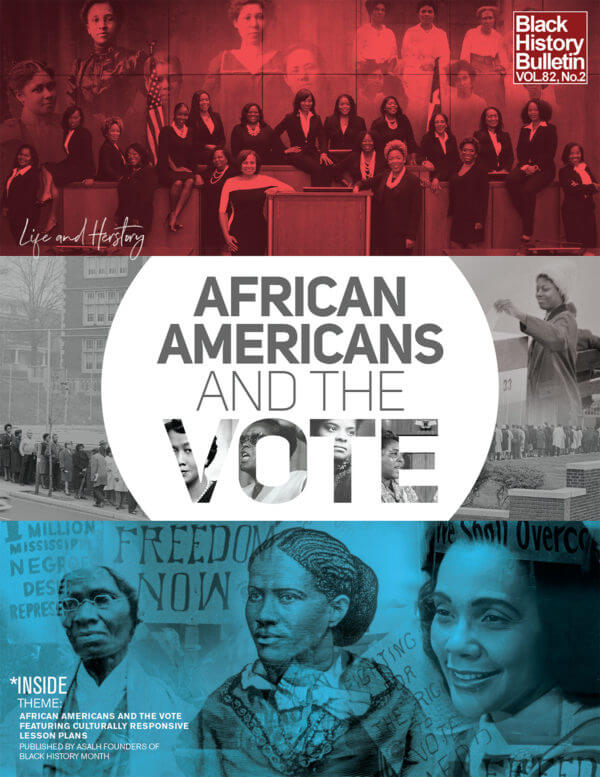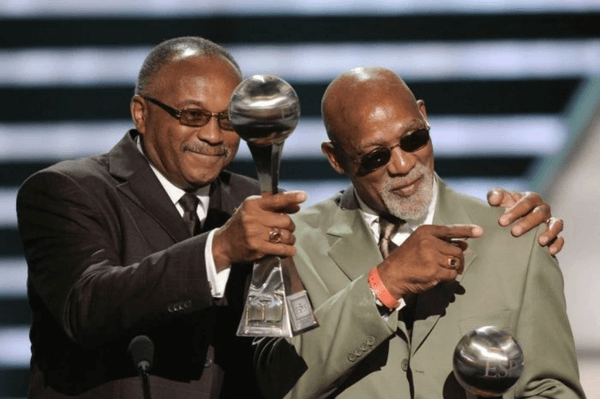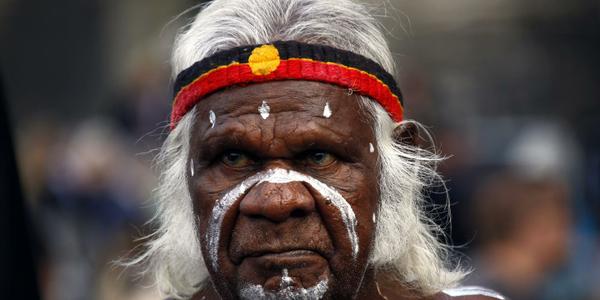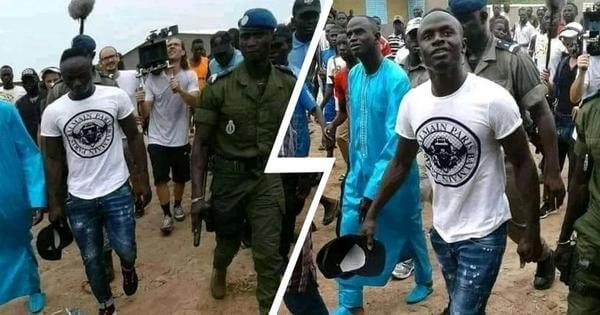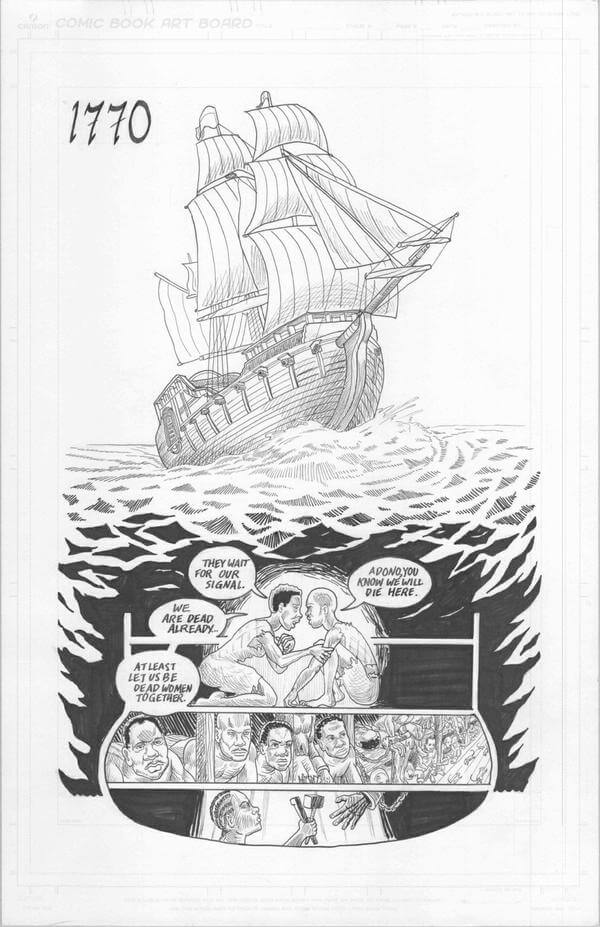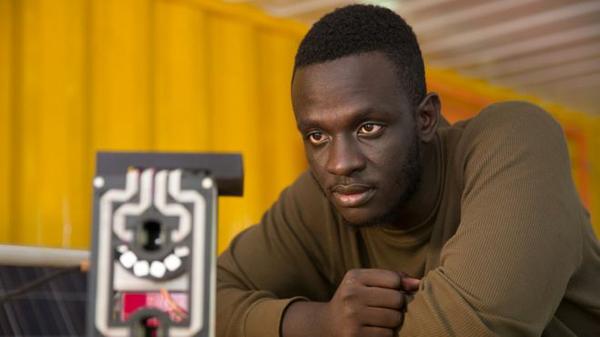The towering achievements of people of African descent can be recognized and celebrated each month, throughout every year. Let’s look at the road that led to a great start in institutionalizing and honoring that past as Black History Month. Let’s also acknowledge the annual invitation to focus on researching a particular aspect of Black history throughout the year. Both are grounded in the work of the great historian, Carter G. Woodson and his organization, the Association for the Study of African American Life and History (ASALH).
In 1926, Dr. Carter G. Woodson, “The Father of Black History,” created Negro History Week to make people aware of the formidable contributions of Black people in world history. He intended to uplift minds as well as self-regard. As founder of the Association for the Study of African American Life and History (ASALH), Woodson would surely have been delighted to see how teachers, activists, scholars and others, through their collective promotion, caused the growth of Negro History Week into Black History Month in the mid 1970’s. Dr. Woodson would have been pleased to see how Black history is now widely celebrated through February and beyond, in schools, churches, organizations, and across medias around the world.
Carrying forth Dr. Woodson’s tradition of developing a theme for each year, intending to “bring to the public’s attention important developments that merit emphasis,” ASALH has declared 2020 “The Year of African Americans and the Vote.” It invites an exploration of the achievements and sacrifices of Black suffragettes and voting rights activists.
In the spirit of investigating the history of Black voting, the Blacknificent Life! Digital Learning Complex invites you to consider that we each vote every day through the actions we take. For example, when we self-talk, spend money, and text or speak to each other, an aspect of empowerment or disempowerment is likely to occur. What you say about yourself, to yourself, is a vote—for or against your journey to better. Where you spend your dollar deducts from your riches and adds to someone else’s. Choosing uplifting or demeaning words when communicating with others is certainly a choice or “vote” to contribute to or lessen an expression of personal regard. So, as we embrace the ASALH 2020 history theme focus, let’s also consider a more expanded notion of voting that includes the moment-by-moment choices we make each day. Click below to read more about the wonderful work ASALH has planned for 2020 as we give thanks for the ancestral inspiration of Dr. Carter G. Woodson. Be sure to consider attending or otherwise “voting” to support ASALH’s annual Black History Month Luncheon, February 22, 2020 in Washington, DC.
